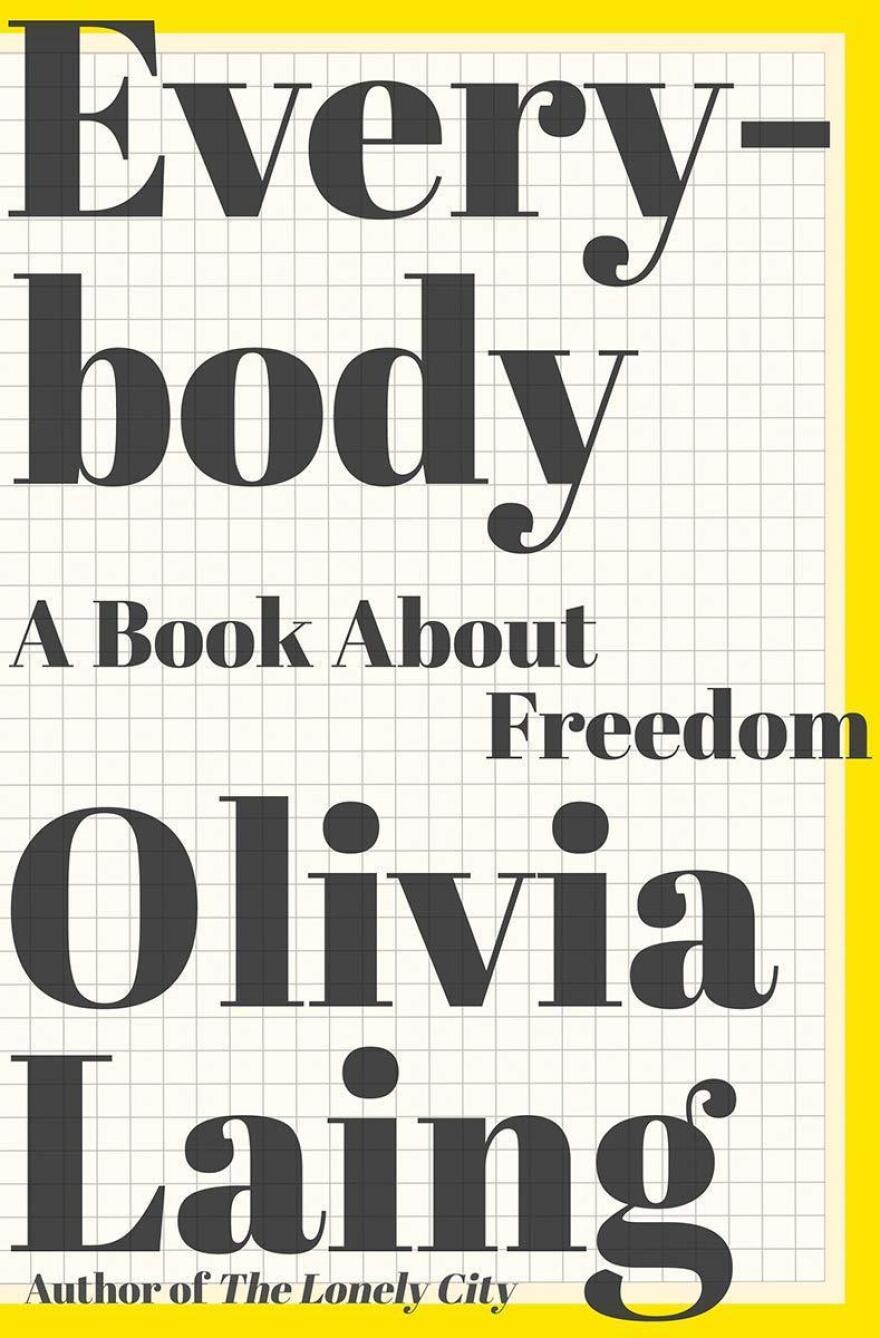When Olivia Laing was 22, she came across a flyer advertising a form of alternative healing based on the notion that all illness comes from past trauma. Laing knew this was bald pseudoscience, but "the body as a storage unit for emotional distress excited me," she writes in her new book Everybody: A Book About Freedom. She began to visit the therapist, who promised to work those blocked energies free.
Later, Laing would learn that idea came from the controversial (to say the least) Austrian psychoanalyst Wilhelm Reich, who believed that "our bodies carry our unacknowledged history, all the things we try to ignore or disavow," in Laing's words. Reich would go on to make other, stranger claims: that orgasms were the key to ending bodily sickness, healing society, even curing fascism. That the universe runs on a kind of life force named orgone, which could be harnessed in an "orgone accumulator." He invented a device called a cloudbuster (the inspiration for Kate Bush's Cloudbusting), in order to control the weather. Accused of fraud, Reich ended his life in prison, his publications burned by the U.S. government.
While much of Reich's work was deluded (and, Laing makes clear, sometimes dangerous), he nonetheless captured something for her about "the vexed relationship between bodies and freedom." Using Reich and his ideas as a starting point, Laing brings readers on a fleet, gracious tour of bodily distress and joy that takes in Malcolm X, the Marquis de Sade, Nina Simone, and the artists Agnes Martin and Ana Mendieta, among others.
As in her best books (The Lonely City, To the River), Laing weaves the history of people and ideas in with her own life. Laing grew up in a gay household under the "malign rule" of the Margaret Thatcher-era Section 28, which kept public schools from teaching "the acceptability of homosexuality as a pretended family relationship." Laing writes, "I can still feel my school years in my body, every muscle clamped and clenched, defended against discovery of the so-called family situation, let alone my own sense of being at odds with my gender; not a girl at all but something in between and as yet unnamed." But growing up in a queer family gave her something else too, a sense of the power of activism, of how "bodies can also reshape the political world."
Laing writes in great looping sentences, both precise and evocative. Here she is on an Agnes Martin painting: "The whole thing shimmered, tender and diffuse, the hand-made quality counteracting any potential rigidity or coldness. It was good to look at." One particularly radiant section looks at sex, pain, and fear. She considers Mendieta, Andrea Dworkin, Angela Carter, Sade, who all struggled with the balance between pain and pleasure, coming to wildly disparate conclusions about how far one person's freedom can and should impinge on another's, especially when it comes to sex.
Despite its title, Everybody has notable omissions. Laing might have considered disability, and she might have considered the tyrannies and complications of either being "good to look at," or not. Prisons are a major theme of Everybody, but for Laing they serve mostly as a metaphor — for bodies or minds in distress — rather than a real, debilitating experience that people carry in their bodies forever, if they are fortunate enough to be able to leave.
Laing is so convincing when writing about certain types of people, especially artists, women, and queer people. That her imagination sometimes falters when it comes to those outside those circles is oddly resonant with the message of Everybody, which makes the case that every person can and should be able to advocate for their own freedom. No imagination, however capacious or generous, can ever do justice to everybody. Reich himself was a homophobe, refusing to treat Allen Ginsberg when they met in New York. As Malcolm X, a central figure in Everybody, said, "Nobody can give you freedom."
Copyright 2021 NPR. To see more, visit https://www.npr.org. 9(MDA5MTc0MDI0MDEzMzE4MjI4ODdlOTk4MA004))

